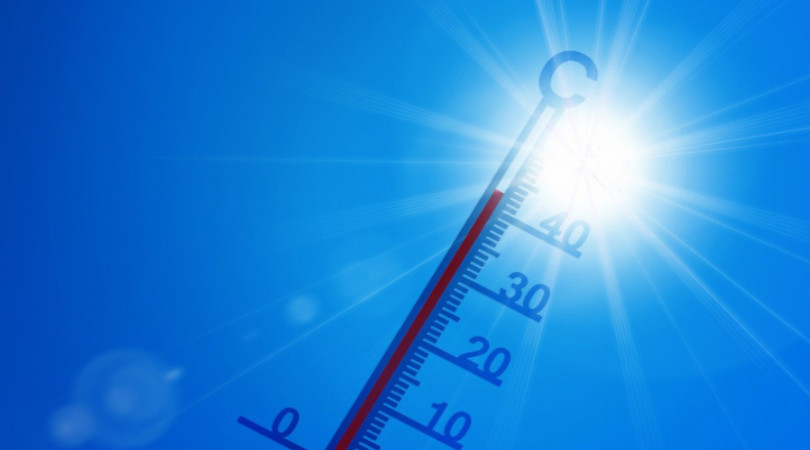Climate models are one of the most important tools in climatology: they allow projections of future warming scenarios, facilitating the identification and analysis of potential consequences of climate change. However, as highlighted BloombergOne thing that has caught scientists’ attention in recent years: A worrying number of models have projected scenarios of accelerating warming, outside the elastic limits of the “normal state” that we see in models in general.
An article published this week in temper nature He began to unravel the mystery. One conclusion is that recent advances in understanding the physics of clouds have had an unexpected side effect on warming projections for some climate models. This partly explains the “cattle explosion” observed in some projections showing scenarios of accelerating warming.
The problem is that these warmer climate models can generate distortions in the forecast, making more accurate analysis of warming scenarios difficult. No wonder the Intergovernmental Panel on Climate Change noted in its latest report that hot models cannot be taken in a similar way to other types of models – that is, differently than they used to be. work as usual In scientific research to date, not all models are equal to each other. So much so that, in the same report, hot models were given less emphasis and the IPCC added another layer of analysis to their findings.
This is not an unjustified concern: one of the successes of climate science has been precisely the degree of reliability of projections that have been made in recent decades. “The last thing we want to do right now is tell everyone we’re going to see more warming than is likely,” noted Zeke Hausfather, one of the authors of the paper. One of the text’s recommendations for other scientists is to think about climate change less in terms of chronology (when a given warming occurs) and more in terms of levels of warming, allowing us to get around the uncertainties inherent in the study of climate.
ClimaInfo, May 5, 2022.
click here To receive the full ClimaInfo daily newsletter in your email.

“Wannabe internet buff. Future teen idol. Hardcore zombie guru. Gamer. Avid creator. Entrepreneur. Bacon ninja.”

